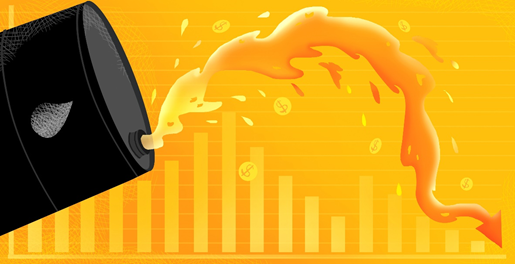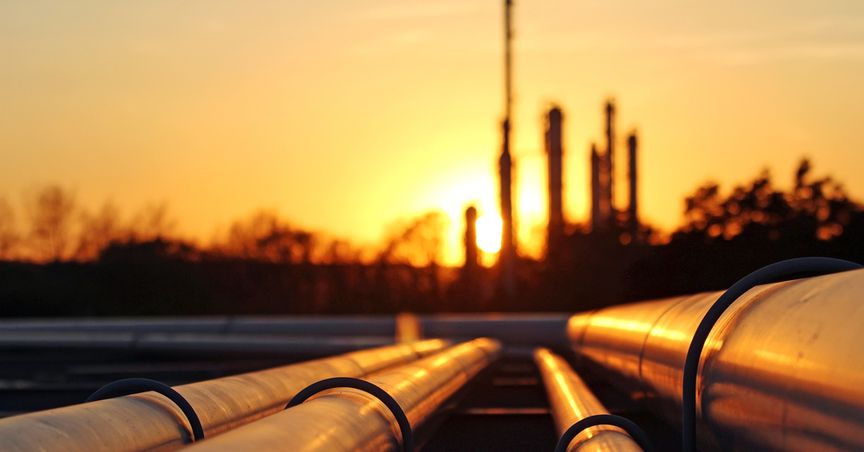Summary
- Chevron Corporation and ExxonMobil faced pushback from investors in their annual meetings on May 26.
- Investors forced the two companies to shift to lower-carbon alternatives.
- Shell has been pulled by a Dutch court to bring down its greenhouse gas emissions by 45 per cent by 2030-end.
In what can be called a monumental day for environmental activism, oil and gas companies Chevron Corporation and ExxonMobil faced pushback from investors in their annual meetings on May 26 with demand to prepare for a sharply reduced fossil fuel demand and shift to lower-carbon alternatives.
Investors of both the energy behemoth rejected responses from the companies on climate change and approved activists as board members at Exxon, while Chevron shareholders instructed to increase emission reduction for all upstream and downstream indirect emissions. Shareholders at Chevron approved a proposal to reduce scope 3 emissions, encompassing energy products.
Two activists from the group Engine No. 1 won enough votes to become board members at Exxon. The shareholders also approved a proposal seeking a detailed report on the company’s lobbying activities concerning climate change. Engine No 1 said that the company had no plans of shifting to alternative energy sources said its ESG-related proposals and carbon capture were not enough to bring down emissions. The two board seats challenged by Engine No. 1 were too close to call at the time of the announcement of the preliminary votes.
Also read: How Green Mortgages Can Revolutionise Energy Efficiency in the UK
Curiously, Exxon stopped the meeting after proposals from shareholders were presented for half an hour. In response, Engine No. 1 came up with a statement during the interval, criticising the interruption as the company's desperate attempt to continue the status quo by entrenching the board.
Exxon’s CEO Darren Woods congratulated the new board members and promised to work with them to meet the expectations of shareholders.
Both companies’ shareholders rejected proposals on new oil and gas fields, saying that new ones would be necessary apart from those already approved to achieve the net-zero emissions target by 2050.

Copyright © 2021 Kalkine Media
Shell pulled Dutch court
Another big oil and gas company Royal Dutch Shell Plc (LON:RDSA), in a similar fashion, was pulled up by a Dutch court to bring down its greenhouse gas emissions by 45 per cent by 2030 end, in a case filed by an environmental group called Friends of Earth.
Also read: Lens on BP Plc and Powerhouse Energy Amid Divergent Climate Change Developments
According to the verdict, Shell, must lower its carbon dioxide emissions by 45 per cent by 2030, compared to its 2019 levels. The verdict said Shell was responsible for both its own carbon dioxide emissions as well as those of its suppliers.
The case was filed by Friends of the Earth, as well as 17,000 Dutch citizens and six other organisations in 2019. Though the decision is applicable only in Netherlands, it is expected to have wider implications.
As many as 200 countries, as part of the Paris Agreement on climate change, had agreed to bring down global temperatures significantly below 2C above the pre-industrial levels. The legal agreement became operational on 4 November 2016. The US, which had walked out of it during former President Donald Trump’s term, has rejoined after President Joe Biden won.
Previously, Shell had said that it wanted net zero emissions from both the products used by their consumers and for itself by 2050. The company’s lawyer told the court in December that since it was already working to transition from fossil fuels, the case had no legal basis.
The company’s spokesperson, after the verdict, had reportedly said the company would appeal the disappointing court decision and said that the company was accelerating efforts to reduce emissions. The spokesperson also said that the company was investing a lot of money on low-carbon energy, like renewables, biofuels, electric vehicle charging, and hydrogen.



